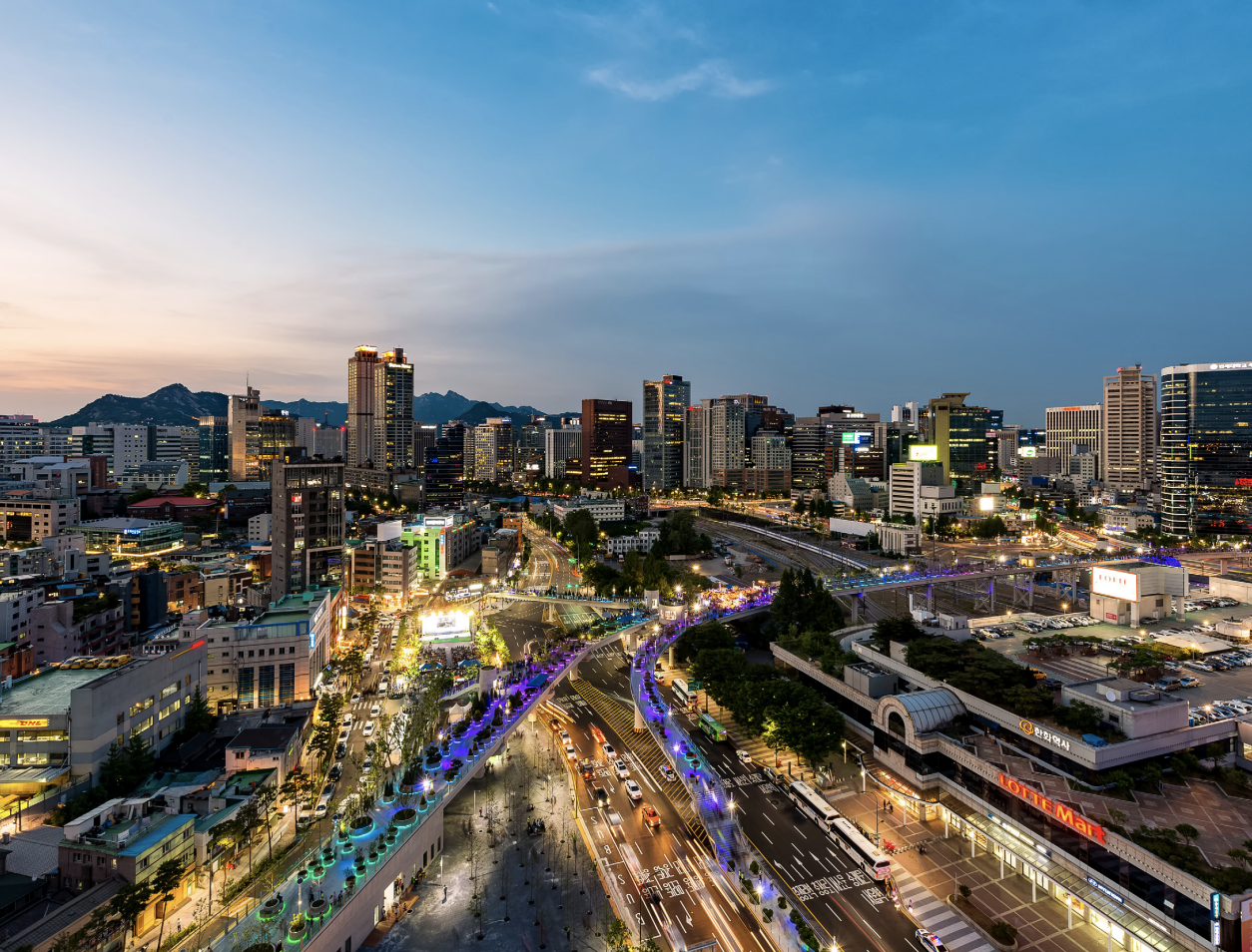
The United Nations Research Institute for Social Development (UNRISD) carries out research that helps national governments and others achieve their sustainable development objectives. The research explores and analyses innovations and pathways that can lead towards more inclusive development outcomes, while also considering how critical obstacles can be overcome. An overarching goal for the Institute is to ensure that social development concerns and objectives remain prominent in the implementation of the 2030 Agenda for Sustainable Development.
UNRISD published their new research Social and Solidarity Economy for the Sustainable Development Goals: SPOTLIGHT ON THE SOCIAL ECONOMY IN SEOUL on 17 July 2018.
This research examined the social economy (SE) in Seoul, Republic of Korea, and how it is contributing to implementing and, ultimately, achieving the city’s “localized” SDGs. Characterized by a rapid development of proactive SE policies, dramatic growth of SE organizations and enterprises, and the Seoul Metropolitan Government’s strong commitment to the Sustainable Development Goals (SDGs), the city’s experience offers a valuable opportunity to further enrich understanding of social and solidarity economy as a means of implementation of the SDGs. This was the first case study of a series of research projects on SSE and the SDGs which UNRISD is planning to undertake.
As an integrated and balanced approach to development, social and solidarity economy (SSE) has the potential to function as an intelligent means of localizing the 2030 Agenda. On 17 July 2018, the Division for Inclusive Social Development (DISD) of UNDESA and the UN Research Institute for Social Development (UNRISD) organized a side event during the 2018 High-level Political Forum on Sustainable Development (HLPF) on Localizing the SDGs through Social and Solidarity Economy for Sustainable and Resilient Societies. Speakers discussed new research evidence and local government experience of SSE, and the enabling conditions—such as institutional arrangements, political forces and economic possibilities—which are needed for it to succeed in diverse contexts.
In keeping with the mandate of the HPLF to provide guidance and recommendations on implementing the 2030 Agenda for Sustainable Development, the panellists at this event will share knowledge and experience on how SE is contributing to realizing the 2030 Agenda’s vision of transformation, and achieving the goals and targets at the local level, in particular in cities.
Source: UNRISD
 Welcome to the United Nations
Welcome to the United Nations